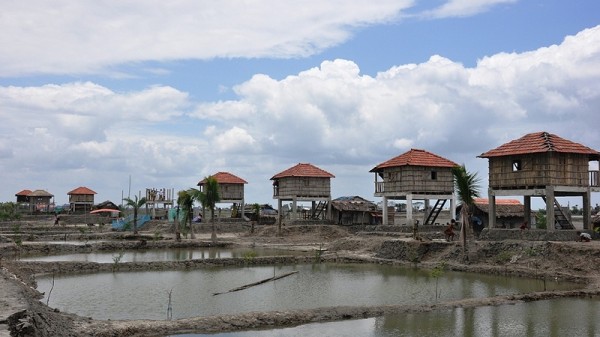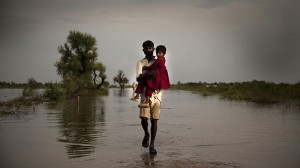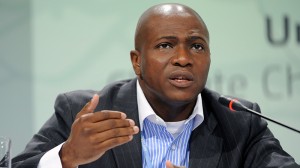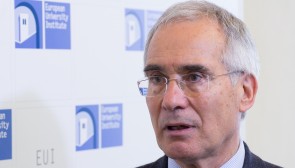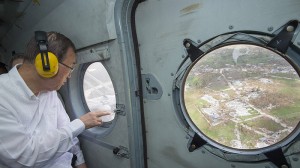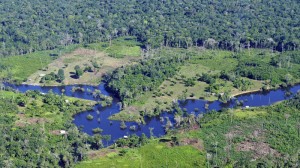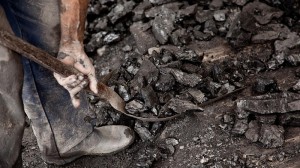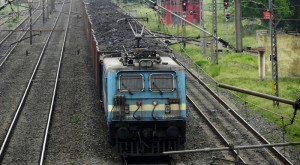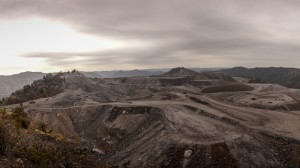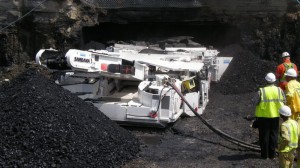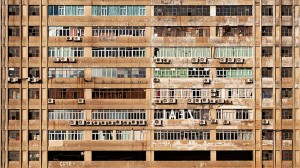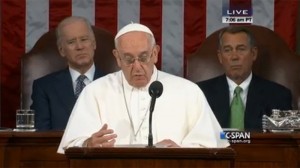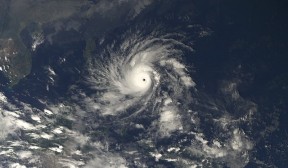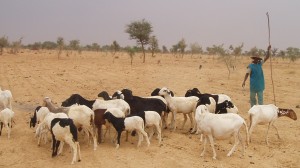Why it’s time to come clean on climate finance
Transparency in adaptation finance might not be as sexy as other issues in the climate change debate but it’s a key to meaningful progress
Water security: huge climate risk, huge business opportunity
The Global Resilience Partnership (GRP) plans to help millions of vulnerable people better adapt to shocks and chronic stresses and thrive in a more resilient future
To deliver on Paris, world’s poorest need climate funding
To meaningfully engage in these crucial rule-making processes, poor governments need continued financial and capacity-building support to be able to contribute
Lord Stern: we need negative emissions to avoid 2C warming
Speaking at the Royal Society, top climate economist reflects on challenges and opportunities a decade after his seminal review into implications of a warming world
Climate adaptation: how do we know we’re doing enough?
There is no single metric for tracking adaptation, making it hard to work out who is doing what, but a new model developed by IIED offers greater clarity
Why the Marrakech summit must deliver on climate finance
Vulnerable countries urgently need predictable support, funding that will offer countless health, economic and development co-benefits of cleaner energy sources
Brazil forest clearance is rising in a recession – that’s worrying
Latest data shows forest protection schemes are not enough to protect the Amazon rainforest, writes Natalie Unterstell
Marrakech talks must focus on global adaptation challenge
Climate talks are not just about carbon cuts, writes Maldives minister Thoriq Ibrahim
Fossil fuels in court: lessons from Colombia
Legal activism against coal, oil and gas extraction can make a big difference to the climate, writes SEI researcher Claudia Strambo
Closing the gap between Paris goals and fossil fuel production
It is time to get serious about supply-side climate policies, write experts from the Stockholm Environment Institute
What top US writers get wrong about climate politics
David Roberts and Bill McKibben are two of the most influential writers about climate change, but they miss a trick by ignoring vulnerable countries, writes Michael Dobson
A global climate deal for aviation! So what next?
James Beard of WWF outlines the strengths and weaknesses of the carbon offsetting plan agreed for air travel – and work needed to align it with climate goals
Will the US align fossil fuel production with climate goals?
The Obama administration is considering supply-side policies that could transform the climate debate, writes Peter Erickson
After ratification, cities can deliver the Paris climate deal
Writing in Climate Home, the mayors of Paris, Mexico City and Rio de Janeiro say they are ready and willing to implement the UN’s new climate deal
Why Trump would doom international climate action
The Donald’s energy vision is a dystopian nightmare, which would increase US emissions and collapse international efforts to combat climate change
When you’re in a carbon hole, stop digging
Coal mine expansion makes dirty fuel cheap and delays the transition to clean alternatives. A moratorium is in order, argues Richard Denniss
Poor countries have nothing to fear from scrapping HFCs
Kigali, Rwanda would be a fitting place for the world to phase down the production and consumption of this very potent greenhouse gas
Can Christian groups heal bitter US climate rift?
If those motivated more by faith than science joined those motivated more by science than faith, climate deniers could be crowded out of the public discourse
The cost of inaction: who will fund loss and damage?
The UN climate regime still lacks an official definition of loss and damage and funding streams remain limited – which means it’s time to get innovative
Climate wars: is the Sahel the first battle zone?
If rainfall decreases, and temperatures rise, as the IPCC’s 5th Assessment suggests, resource competition across the Sahel is only likely to intensify
